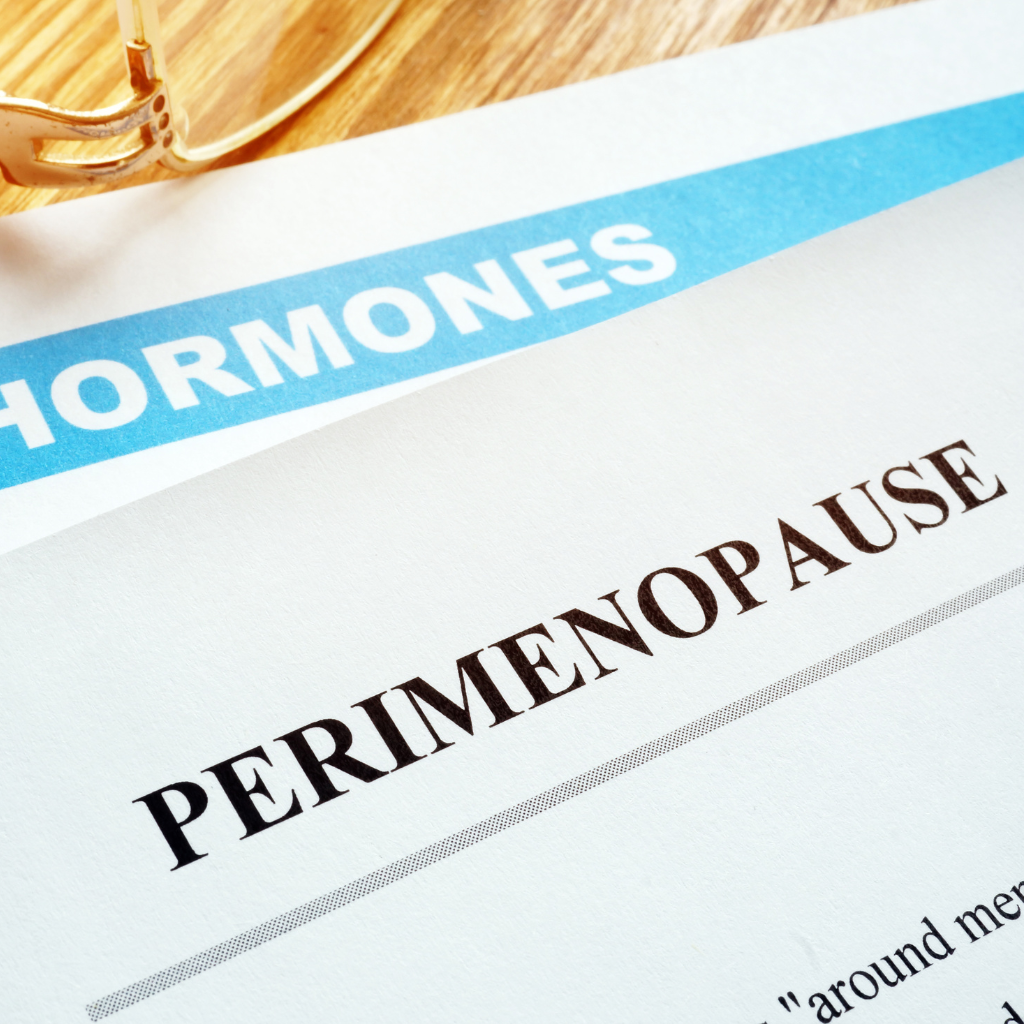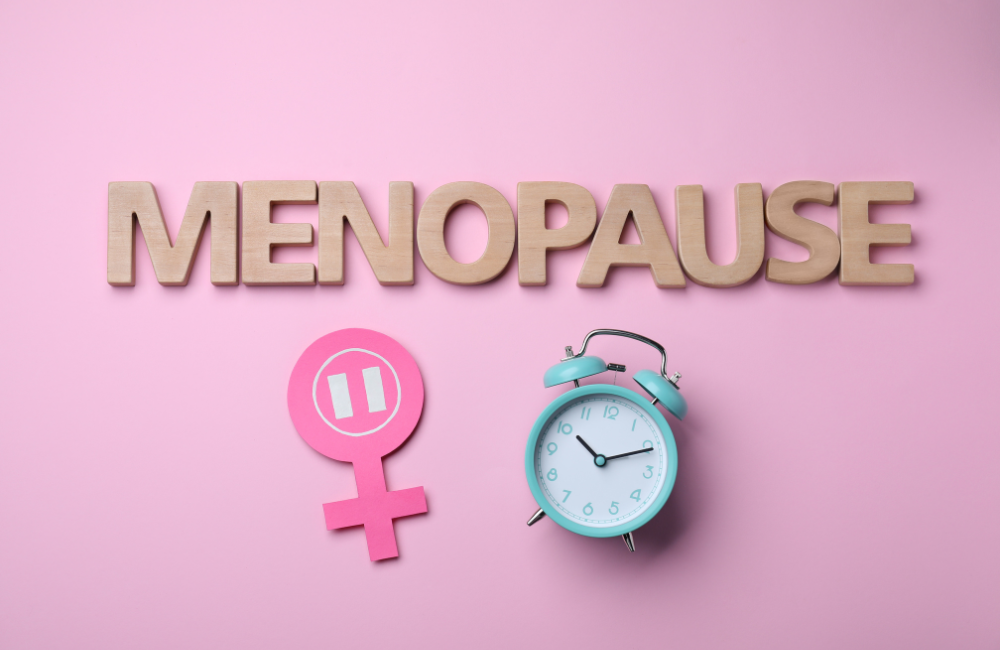When it comes to women’s health, it’s important to pay attention to it at every stage of life. No matter if you’re in your teenage years or experiencing menopause, each phase has its own unique health needs.
If you’re in Memphis and need a women’s health clinic you can trust, we got you covered. In this guide, we’ll give you the lowdown on the key health milestones women encounter so you can take control of your health journey with confidence.
By staying on top of these milestones and taking action early, you can keep your health in tip-top shape for the long haul.
Quick Facts About Women’s Health
- Women’s health is at risk from several major health issues including cardiovascular disease, cancer, osteoporosis, and depression.
- Women are more likely to be diagnosed with mental health conditions.
- Women’s sexual health can be affected by STDs, reproductive issues, and birth control methods.
- Osteoarthritis, which is the leading cause of disability in the U.S., affects more women than men.
- Women have a higher likelihood of getting UTIs, which means they are more than twice as likely to get a UTI compared to men.
Stages Of Life And Health Focus
Ladies! Did you know that your body goes through some pretty incredible changes throughout your life? To stay healthy during each stage, it’s important to focus on specific areas. Let’s take a look at the key health milestones from adolescence to menopause:
Adolescence (11-19 years old)
During your teenage years, you’re going to experience some pretty intense physical changes, including getting your period. It’s super important to understand these changes and develop healthy habits that will set you up for a lifetime of wellness.

Check out what you should focus on during this time:
- Building a Healthy Foundation: Eating a balanced diet, getting regular exercise, and catching some z’s are essential for managing hormonal changes, maintaining energy levels, and supporting healthy growth and development.
- Menstrual Cycle Management: Learn about your period and proper hygiene practices so you can handle it like a boss and deal with any issues that come up.
- Staying Up-to-Date on Vaccinations: Getting the recommended vaccinations, like HPV and Tdap, can help protect you from preventable diseases that can cause problems down the road.
- Prioritizing Mental Health: Your teenage years can be tough, with all the added stress and social pressures. So, take care of your mental health by being aware of it and having access to support systems, like counselors or therapists.
Young Adulthood (20-39 years old)
Ladies in your 20s and 30s! This is the time when you’re all about establishing your independence and maybe even starting a family. Here’s what you need to keep in mind:
- Establishing a Primary Care Physician: Finding a healthcare provider you trust means you can get regular checkups and personalized care.
- Regular Gynecological Checkups: It’s super important to see a gynecologist regularly for checkups, including Pap smears and HPV testing, to catch any potential issues early.
- Sexual Health Education and Contraception Options: Knowing your stuff when it comes to sexual health and contraception lets you make informed decisions.
- Breast Self-Exam Awareness: Knowing how to do a breast self-exam and getting familiar with your breasts means you can spot any changes early on.
Adulthood (40-49 years old)
Hey, lovely ladies in your 40s! As your body continues to change, it’s important to focus on preventive care now more than ever. Check out what you should focus on:
- Continued Focus on Preventive Screenings: Regular mammograms and other cancer screenings, like colon cancer, are super important for catching anything early.
- Bone Health and Osteoporosis Prevention: Keeping your bones strong is key as women are at a higher risk of osteoporosis later in life. Talk to your doctor about bone health assessments and things you can do to help, like changes in diet or lifestyle.
- Fertility Considerations and Family Planning: If you’re thinking about starting or growing your family, talk to your doctor about fertility options and prenatal care.
- Maintaining Healthy Weight and Lifestyle: Eating healthy and staying active is important for keeping your weight in check and reducing the risk of chronic diseases like heart disease and diabetes.
Perimenopause (40-50 years old)
Perimenopause is the transitional period before menopause that can cause all sorts of symptoms due to hormonal fluctuations.

Here’s what to keep an eye out for:
- Identifying Symptoms: If you’re experiencing irregular periods, hot flashes, night sweats, or mood swings, it could be a sign of perimenopause.
- Managing Perimenopausal Symptoms: There are lots of different things you can do to help manage these symptoms, like making lifestyle changes or trying out different treatments, including hormone therapy (we’ll get into that in the next section).
- Bone Density Scans: Depending on your individual situation, your doctor may recommend bone density scans to keep an eye on your bone health during perimenopause.
Menopause (50s)
Menopause is when your menstrual cycle stops. Here’s what to expect and how to handle this transition:
- Understanding the Changes: Menopause can cause physical and emotional changes, like hot flashes, vaginal dryness, and sleep problems. Knowing about these changes can help you manage them better.
- Hormone Replacement Therapy (HRT): HRT can be an option to help with some menopausal symptoms. Talk to your doctor about the pros and cons of HRT to make an informed decision.
- Maintaining Cardiovascular Health: After menopause, your risk for heart disease goes up. Staying healthy and getting regular checkups is important for your heart health.
- Mental Health Screening and Support: Hormonal changes can sometimes affect your mood. Regular mental health checkups and seeking help when needed can help you stay emotionally healthy during menopause.
Life After Menopause
After menopause, which usually starts in your late 40s or early 50s when you’ve gone a full year without getting your period, your estrogen and progesterone levels go up and down. This can cause tissues in your body, including your breasts, to lose hydration and elasticity.
Around this time, it’s common for your kids to leave home, your parents to need care, and your marriage to be affected by health issues or changing goals. All of this can lead to higher rates of depression and physical fatigue in many women.
As we live longer, more women are affected by postmenopausal diseases like urinary incontinence, chronic migraines, breast cancer, osteoporosis, high cholesterol, and plaque buildup in arteries.

In old age, many women lose friends and family members, and their physical strength and memory weaken. This can lead to loneliness, which can cause mental health issues. The risk of heart disease and stroke also goes up as you get older.
Conclusion
Taking care of your health is important at every stage of life. By knowing about the key health milestones and taking proactive steps, you can confidently navigate each phase.
Regular checkups with your healthcare provider and keeping an open line of communication about any worries or concerns are crucial for staying on top of your health game.
Remember, investing in your health is also investing in a vibrant future. So, take care of yourself, girl!
Your Trusted Partner in Women’s Health: Visit Poplar Ave Clinic In Memphis
If you’re in Memphis and looking for a women’s health clinic you can trust, check out Poplar Ave Clinic. We understand that women have unique health needs throughout their lives and we offer a comprehensive approach to women’s health. Our services include:
- Adolescent care: We help young women navigate through puberty, including menstruation, hygiene, and overall well-being.
- Family planning: Our experienced doctors can help you explore contraception options and discuss fertility planning.
- Prenatal care: We provide comprehensive prenatal care to ensure a healthy pregnancy for both mother and baby.
- Menopause management: We offer support and guidance during menopause, helping you navigate hormonal changes and maintain your well-being.
- Preventive screenings: We provide regular screenings for various health concerns, including cervical cancer, breast cancer, and osteoporosis.
And more!
What sets us apart is our team of experienced doctors and staff who are dedicated to your well-being. We also offer a warm and welcoming environment because we believe that comfort and genuine care are essential for healing. We work with you to create a personalized treatment plan that meets your individual needs and goals.
From the moment you walk through our doors, we’ll be there for you, offering the support and guidance you need to take charge of your health at every stage of life. So, why wait? Schedule an appointment today and experience the difference Poplar Ave Clinic can make in your health journey.

